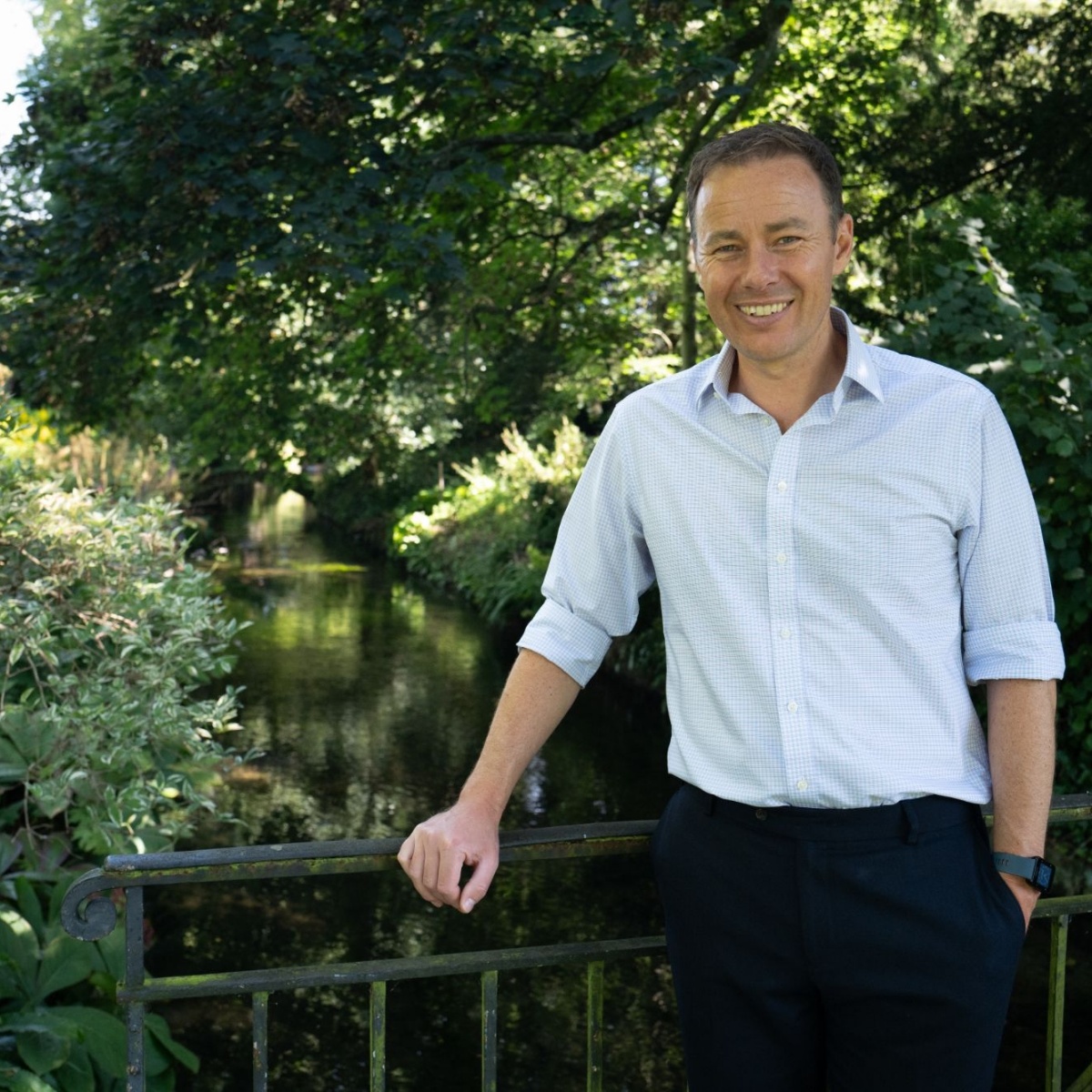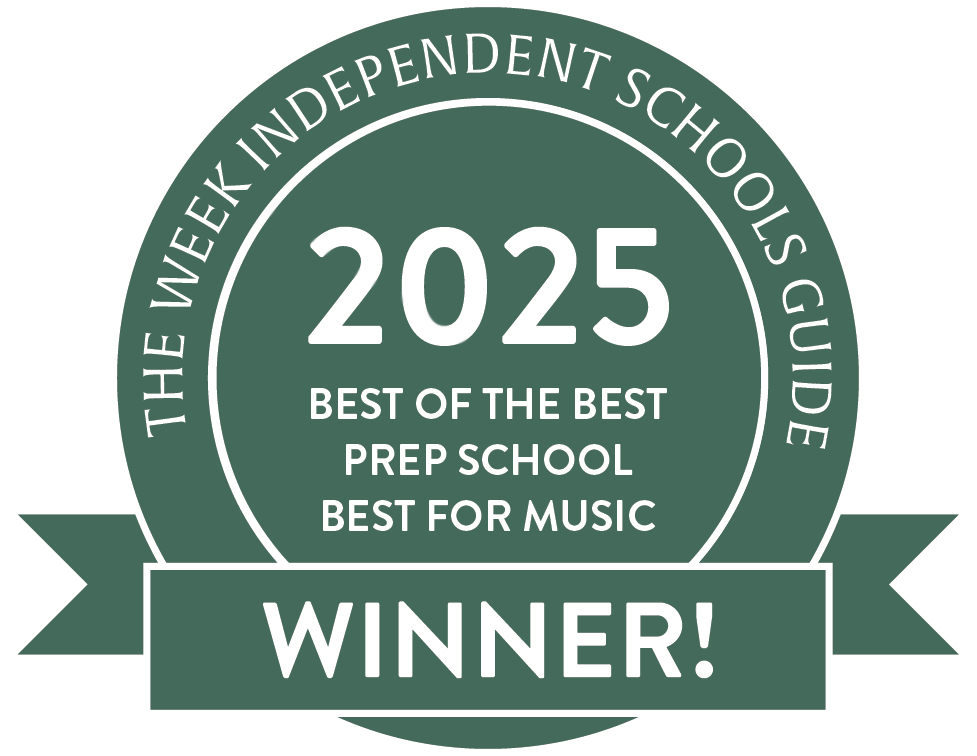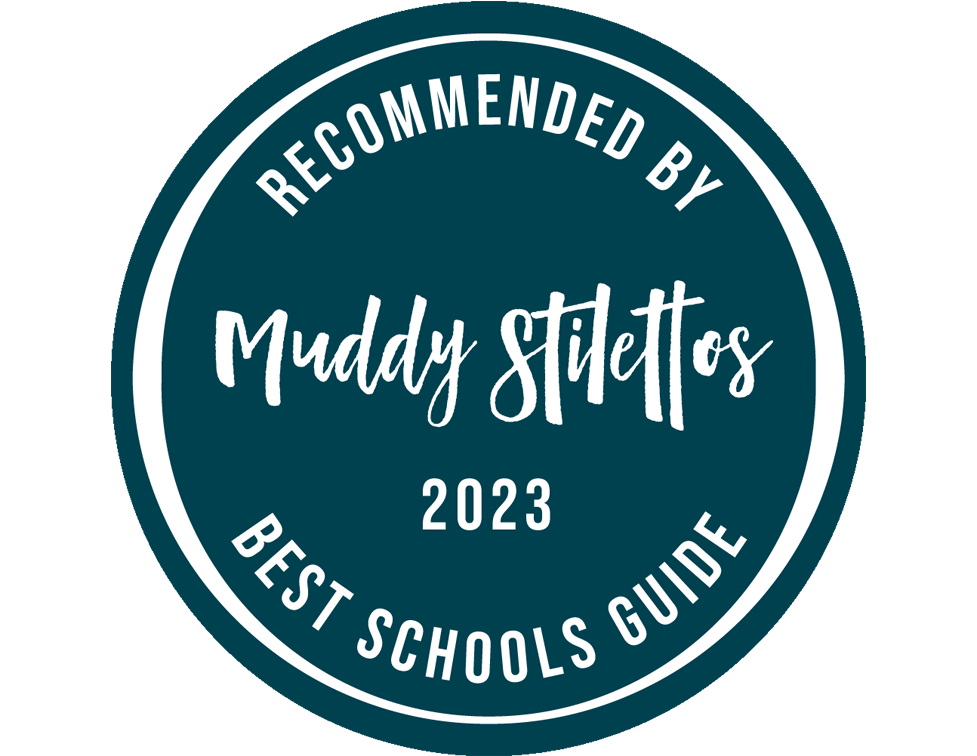Connections

Partly in preparation for tomorrow's Parley discussion, I was recently reading an article entitled, ‘Skills for the Future’. As well as making reference to a speaker at an educational conference with the suspect job title ‘Applied Futurist’ (whatever one of those is), the article included the following as part of its conclusion:
‘Today's world is characterised by disruption and high-frequency change. Educators have professional and moral obligations to prepare our students not only for their roles in national and local economies that are continually emerging, but also to fulfil their uniquely human role in technology-enhanced futures.’
I think it's fair to say that this is where the educational consensus has sat for some time: there is nothing particularly revelatory here.
The phrase ‘uniquely human’ is worthy of more focus: ‘uniquely’ risks conveying a sense of separation, a sense of what sets us apart. But so much of what has made us Human are our links and connections to what has been around us in an evolutionary sense: particularly the natural world, our connection to it, and our need to survive within it. As we look to ‘technology-enhanced futures’, we forget this at our peril.
Of course, the circumstances in which the natural world perhaps most frequently appears in educational curricula these days is with regard to the need to protect it, and this – understandably – often from the sense of the scientific and ecological imperative. When it comes to motivation, however, in most instances, feelings outweigh logic: we act on that which we feel most strongly about. In order that they go on to protect the natural world, therefore, it is vital that we connect it to our children's Human souls as would once have been the case; in looking to the future, we need to foster a meaningful connection with a past we may not personally have known.
This was a move taken by the author Roger Deakin who, having grown up in a half-bungalow in suburban London, took his adult self to live in a semi-remote farmstead in Suffolk. From there he wrote many nature journals and reflections as he quite literally lived cheek-by-jowl with the natural world around him:
‘Sleeping in Burgate Wood on the moated island of the old hall, I put my cheek against the loam and the cool ground ivy, and when I close my eyes I see the iceberg depths of the root-world of the wood.’

Yesterday, we held our London drinks reception in the City and a hugely enjoyable event it was too. Of sorts, it bore a parallel with the above, enabling us to connect to the importance of our past as a school through the alumni who joined us, while looking to our future through the prospective parents and fledgling friends of the school who also joined us. The evening was a real success and I’m delighted so many people have said how much they would like to help us to build on it in the future by reaching out to others in or near London who may be interested in knowing more about the school.
To tomorrow’s Parley: whether it’s through connecting with the natural world or through the more established curriculum vehicle of studying history, I wonder if any of our Senior School discussion panel will advocate for connecting to our past being an important part of preparing for the future?
Tim Butcher
Headmaster








